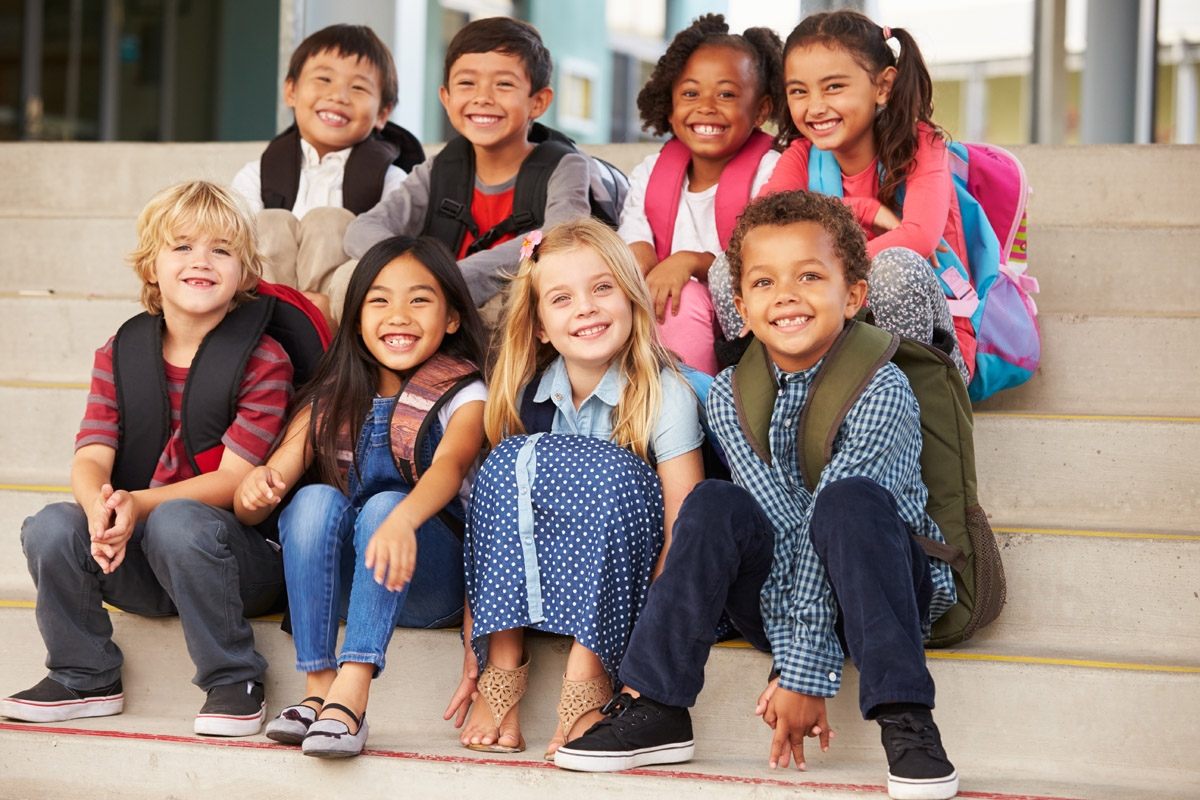Pre-K to Third Grade Learning Continuum
P-3 alignment aims to enhance policy and practice coordination from preschool through third grade and beyond by ensuring both horizontal and vertical consistency across different grades and systems.
Successful P-3 alignment requires:
- Cross-sector collaboration
- Joint professional development for administrators and teachers
- Use of aligned instructional resources and learning environments
- Data-informed decision-making
- Active involvement of families
- Establishment of a seamless educational pathway for students.
The P-3 Instructional Guidance Toolkit can be used by teachers, principals, and instructional support staff to increase the use of effective, equitable P–3 instructional strategies designed to improve learning and close well-documented achievement gaps. The framework of the toolkit is responsive to the diverse cultural, linguistic, socio-economic, and learning needs of children and families across New York State.
P-3 Instructional Guidance Toolkit
The P-3 Instructional Guidance Toolkit was created in cooperation with Sarah Hughes and Kyle Snow, Ph.D., of the RMC Research Corporation. Teachers, principals, and instructional support staff can use this toolkit and its collected tools to increase the use of effective, equitable P–3 instructional strategies designed to improve learning and close well-documented achievement gaps. The framework of the toolkit is responsive to the diverse cultural, linguistic, socio-economic, and learning needs of children and families across New York State.
In July 2021, Sarah Hughes and Kyle Snow shared their presentation of the P-3 Instructional Guidance Toolkit, provided below. During this session, participants are introduced to this resource. Participants will understand the research-base and purpose of the Toolkit, be introduced to the key features of the Toolkit, learn about eight effective instructional strategies and four instructional mindsets, and learn how to use the Toolkit to promote reflection and discussion to support P-3 instruction.
Sarah Hughes is a Senior Research Associate at RMC Research Corporation, and Kyle Snow, Ph.D., currently provides technical assistance to states in early learning topics and provides organization management and leadership in support of U.S. Department of Education Regional Comprehensive Centers.






